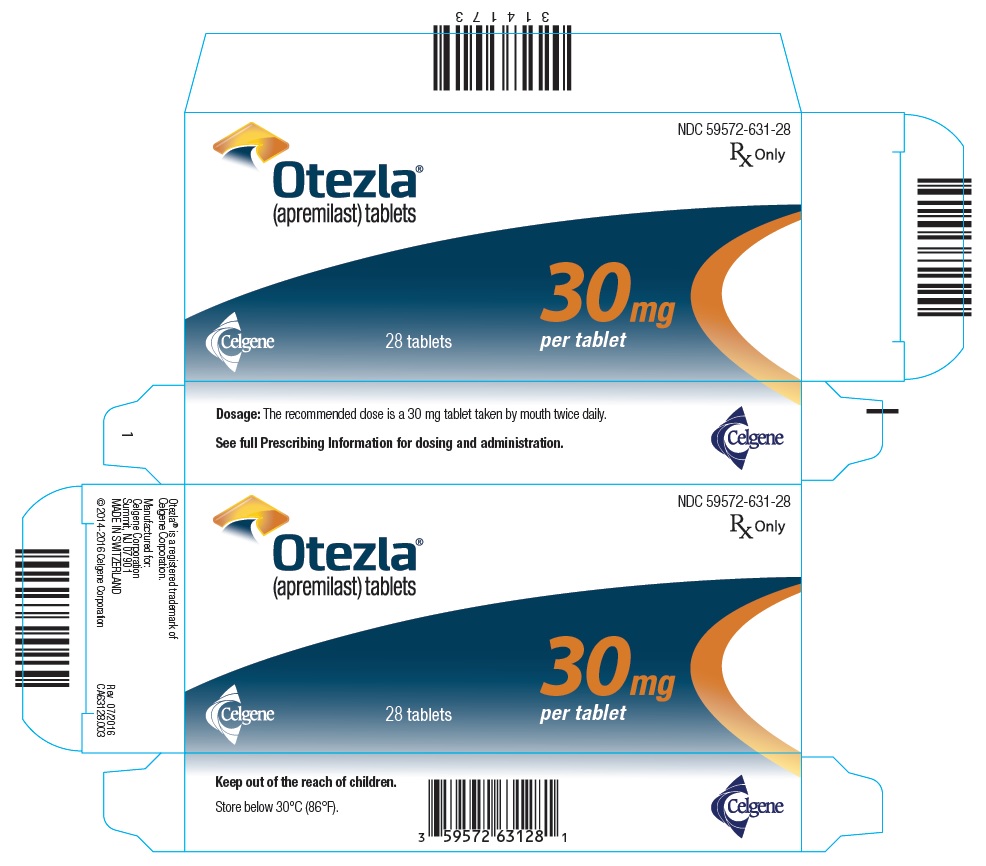
Hidradenits suppurativa (HS) is a chronic inflammatory skin disease marked by recurrent painful inflamed nodules, abscesses, and sinus tracts in the axilla, inguinal, and anogenital areas. Conventional treatments for HS include topical antibiotics and oral antibiotics, such as the combination of clindamycin and rifampin. More recently, the TNF-alpha inhibitor adalimumab was approved for the treatment of HS.
Apremilast (brand name Otezla) is another new possibility for the treatment of HS. In a small randomized clinical trial, apremilast was shown to improve moderate HS at a dose of 30 mg twice daily after 16 weeks of study with a good short term safety profile. Diarrhea is a known adverse effect of apremilast, especially when the drug is first started, and occurred in almost half the patients in this small study. Apremilast is an oral medication that inhibits phosphodiesterase 4. It is currently approved for the treatment of psoriasis. Similar findings had previously been demonstrated in small case series of apremilast for hidradenits suppurativa.
Although apremilast is not likely to be as effective as adalimumab in the treatment of hidradenits suppurativa, it is a welcome treatment possibility to consider in patients who have failed conventional antibiotic therapy, especially those that do not want to use an injectable biologic such as adalimumab.
